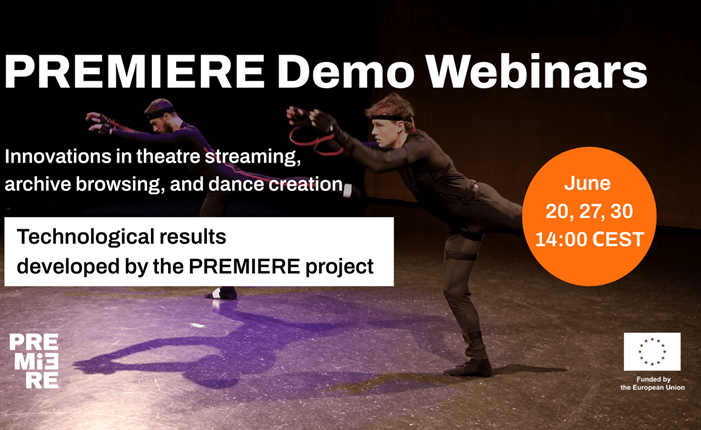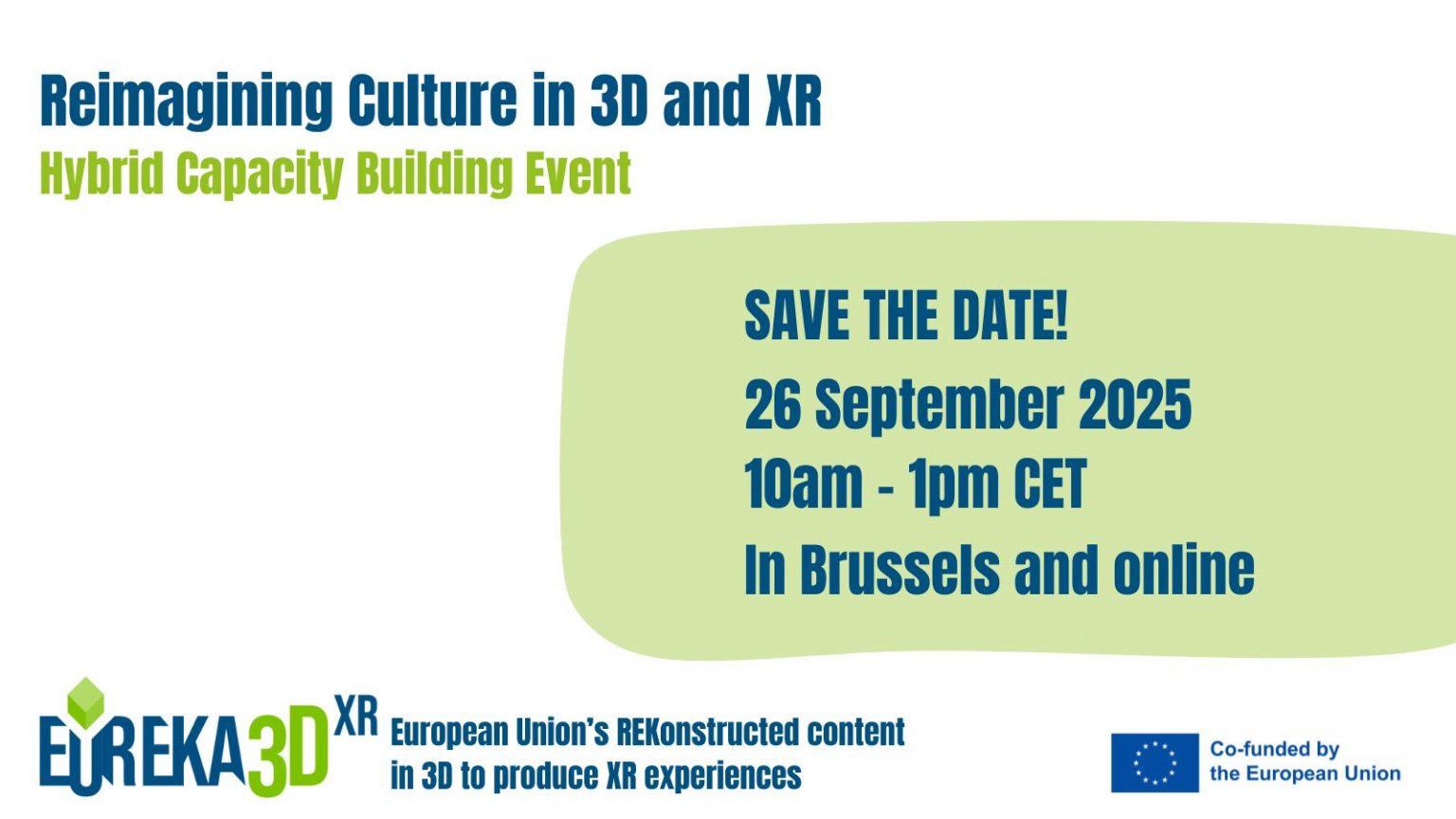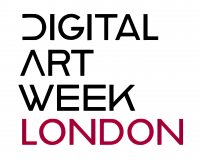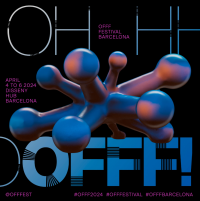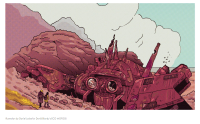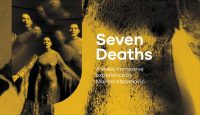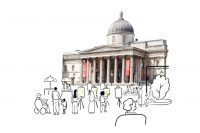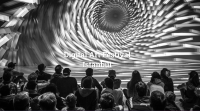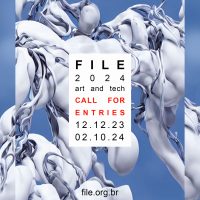The Center for Art and Media ZKM in Karlsruhe extends the original duties of a museum, which it was since 1989 with the mission to perpetuate classical arts in the digital age, becoming a cultural institution unique throughout the world.
It is a house for all media and genre, a house for both spatial arts, such as painting, photography, and sculpture as well as time-based arts, such as film, video, media art, music, dance, theater, and performance.
Digital culture, digital art, digital heritage
By combining archive and collections, exhibitions and events, research and production, the ZKM is able to aptly illustrate art’s development in the twentieth and twenty-first centuries; no least due to the symposia and other platforms for theoretical discourse between philosophy, science, art, politics, and the economy that accompany its collection, exhibition, and research activities. The final aim of ZKM is to share knowledge and to improve our understanding of the world, being both a museum and also a center for research and production center.
In facts it was the first museum to exhibit and collect art spanning all media and genres, from painting through to App Art, sculpture to performance, installation to dance, photography through to video, film to computer art, and acousmatic music through to Sound Art. The center remains, to date, the only cultural center to systematically address the interlinking of research and production, exhibitions and events, and archive and collection. Through multiple of exhibitions and events held throughout the year, the ZKM provides insights into the range of projects developed at the ZKM, cultural history, and also cutting-edge developments in art, music, culture, politics, economy, and technology.
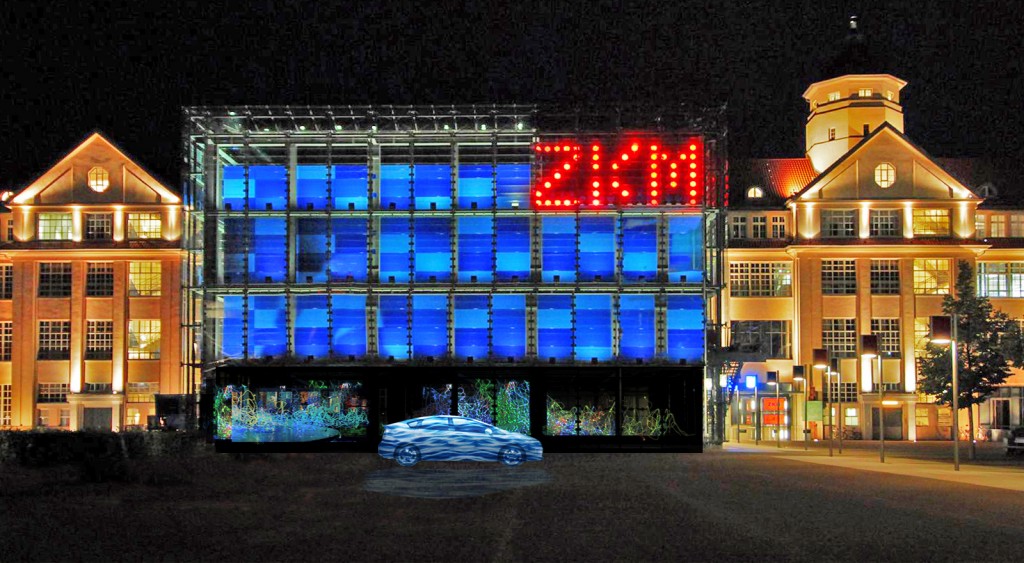
The digital annex
Already in 2014, the ZKM introduced its new website, which differs fundamentally from the web presence of cultural institutions. It offers interested visitors from around the world the chance to participate in the scientific research and cultural education at the ZKM and links expert knowledge to the public sphere. zkm.de defines itself as a digital annex and is an independent mode of existence – not an »interactive web brochure,« which refers only to events in real space. In contrast to pure service sites, it also explicitly addresses the purely virtual visitor. For the on-site museum visitor, it is to be seen as a component of the overall experience.
Learn more on http://zkm.de/en


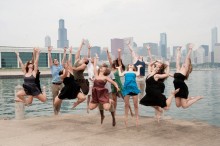


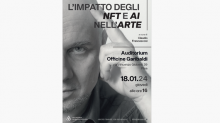
 If you have interesting news and events to point out in the field of digital cultural heritage, we are waiting for your contribution.
If you have interesting news and events to point out in the field of digital cultural heritage, we are waiting for your contribution.
